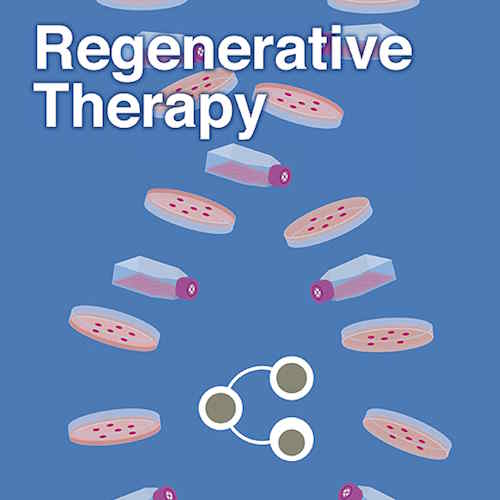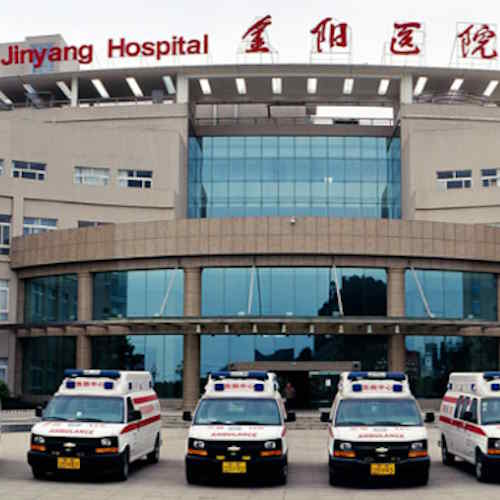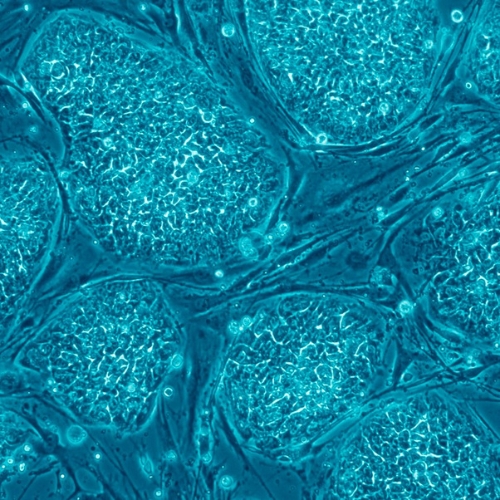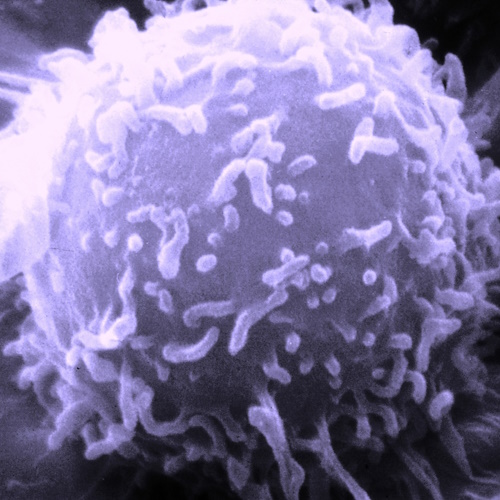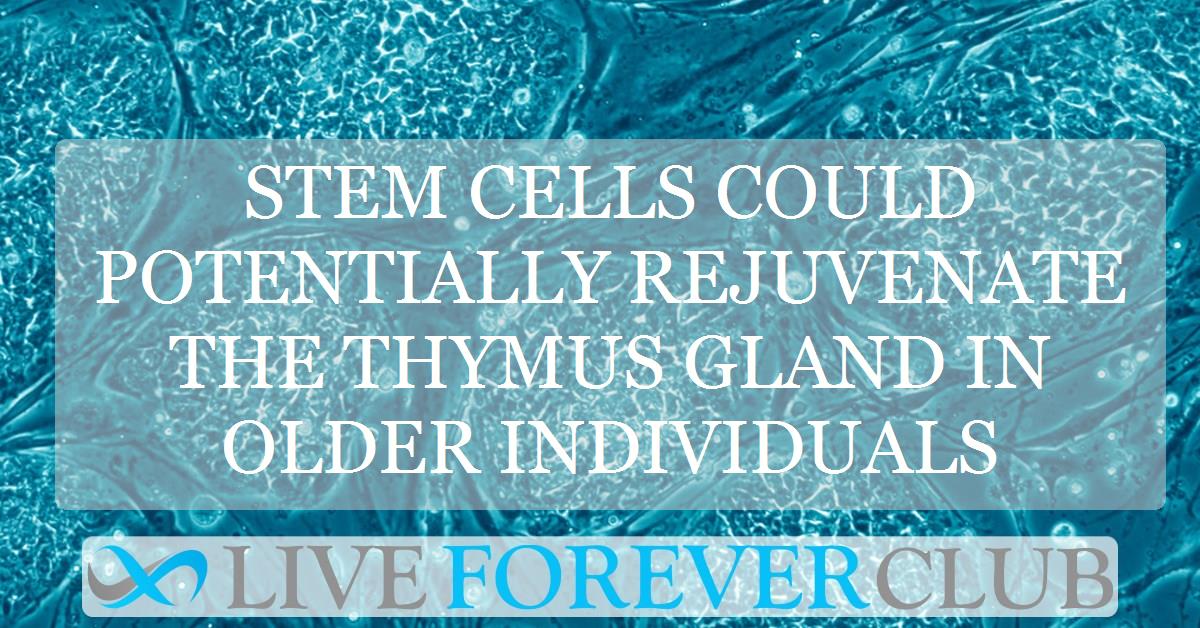Ageing is inevitable, affecting every cell, organ, and function within our bodies. One such critical but often overlooked organ impacted by ageing is the thymus, vital for our immune system's effectiveness. As we age, the thymus diminishes in function and size, contributing to increased susceptibility to infections and diseases. But what if science could reverse this process? Enter the promising field of regenerative medicine and the potential of mesenchymal stem cells (MSCs).
Understanding Thymus Degeneration in Ageing: Why Does it Matter?
The thymus, nestled behind your breastbone and in front of your heart, serves as a training ground for T-cells, crucial components of the adaptive immune system. These cells learn to distinguish between the body's own cells and harmful invaders like bacteria and viruses.
However, as we age, the thymus starts to shrink and become less efficient—a process known as thymic involution.This reduction leads to fewer T-cells being produced, which means a less responsive immune system.
The promise of mesenchymal stem cells (MSCs)
Mesenchymal stem cells (MSCs) are the pioneers in the regenerative medicine frontier. Their unique ability to transform into a variety of cell types, from bone to muscle to organ cells, positions them as a key tool in medical research and treatment.
Scientists harness these cells not just for their versatility but for their regenerative power, enabling the repair of damaged tissues and organs, including critical areas like the heart and lungs.
The latest research, aimed at revitalizing the aged thymus, underscores the transformative potential of MSCs. This breakthrough could significantly alter our approach to ageing, enhancing immune function and potentially extending healthy lifespans, marking a monumental step forward in how we understand and manage the biological effects of ageing.
Reviving the Thymus with Stem Cells
In a groundbreaking study, scientists treated aged rhesus monkeys with MSCs to test if these cells could mitigate thymus degeneration. The results were nothing short of promising. The MSC treatment not only enhanced the structural integrity of the thymus but also boosted its functionality, leading to an increased production of T-cells.
This indicates a direct benefit of MSC therapy in reversing age-related decline in thymus function and perhaps, by extension, enhancing immune health in the elderly.
DNA methylation and gene regulation
One of the most intriguing aspects of the study involves DNA methylation, a key epigenetic mechanism that controls gene activity without altering the genetic code itself. DNA methylation typically acts to suppress gene expression when attached to a gene's promoter region. The research revealed that MSCs can modify the DNA methylation patterns of thymic epithelial cells (TECs), essentially rejuvenating their function. By increasing or decreasing methylation at specific gene sites, MSCs can turn essential genes for cell growth and ageing on or off, offering a molecular "fountain of youth" for cells that rejuvenate the thymus.
Implications for Human Health
The research on MSCs rejuvenating the thymus in aged rhesus monkeys opens an exciting frontier for human health, especially in combating the declines associated with ageing. The thymus is crucial for effective immune functioning, as it is the primary site for T-cell maturation. As we age, the thymus deteriorates, leading to diminished T-cell output and a weakened immune response.
By revitalizing the thymus, MSC therapy could restore a more youthful immune profile, enhancing the body’s ability to fight infections and potentially reducing the incidence of age-related diseases such as cancer, which are often linked to declines in immune efficacy.
Broader applications in regenerative medicine
Moreover, if MSCs can effectively reverse thymus ageing in humans as they did in monkeys, this could pave the way for broader applications in regenerative medicine. The same principles used to rejuvenate the thymus could potentially be applied to other tissues and organs that degrade with age. For instance, MSCs might be used to enhance liver regeneration, improve cardiac function, or even counteract neurodegenerative diseases by promoting neural regeneration and connectivity.
The prospect of using MSC therapy as a cornerstone treatment for age-related decline carries profound implications not only for extending lifespan but also for enhancing the quality of life during aging. By maintaining higher levels of organ function, mobility, and cognitive abilities, MSC treatments could help older adults enjoy more active, independent, and fulfilling lives.
However, this potential also comes with challenges. Extensive clinical trials need to be conducted to ensure the safety and efficacy of MSC therapies in humans. Researchers must understand how MSCs interact with various human tissues and how long the rejuvenative effects last. Regulatory frameworks will also need to evolve to support the safe integration of such therapies into mainstream medical practice.
What's next in regenerative therapy?
The successful use of MSCs to reverse thymus ageing in non-human primates marks a significant milestone in regenerative medicine. However, there are several steps before this treatment can be considered for humans.
Future research will need to confirm these findings in human trials, determine the long-term safety and efficacy of MSC therapy, and address any ethical, regulatory, or practical challenges.
Nevertheless, the study shines a hopeful light on the potential of stem cells in ageing and immune system research, suggesting that the dream of significantly extending human healthspan might one day become a reality.
The study was led by Zailing Yang from the The Second People's Hospital of Guiyang and published in Regenerative Therapy.
